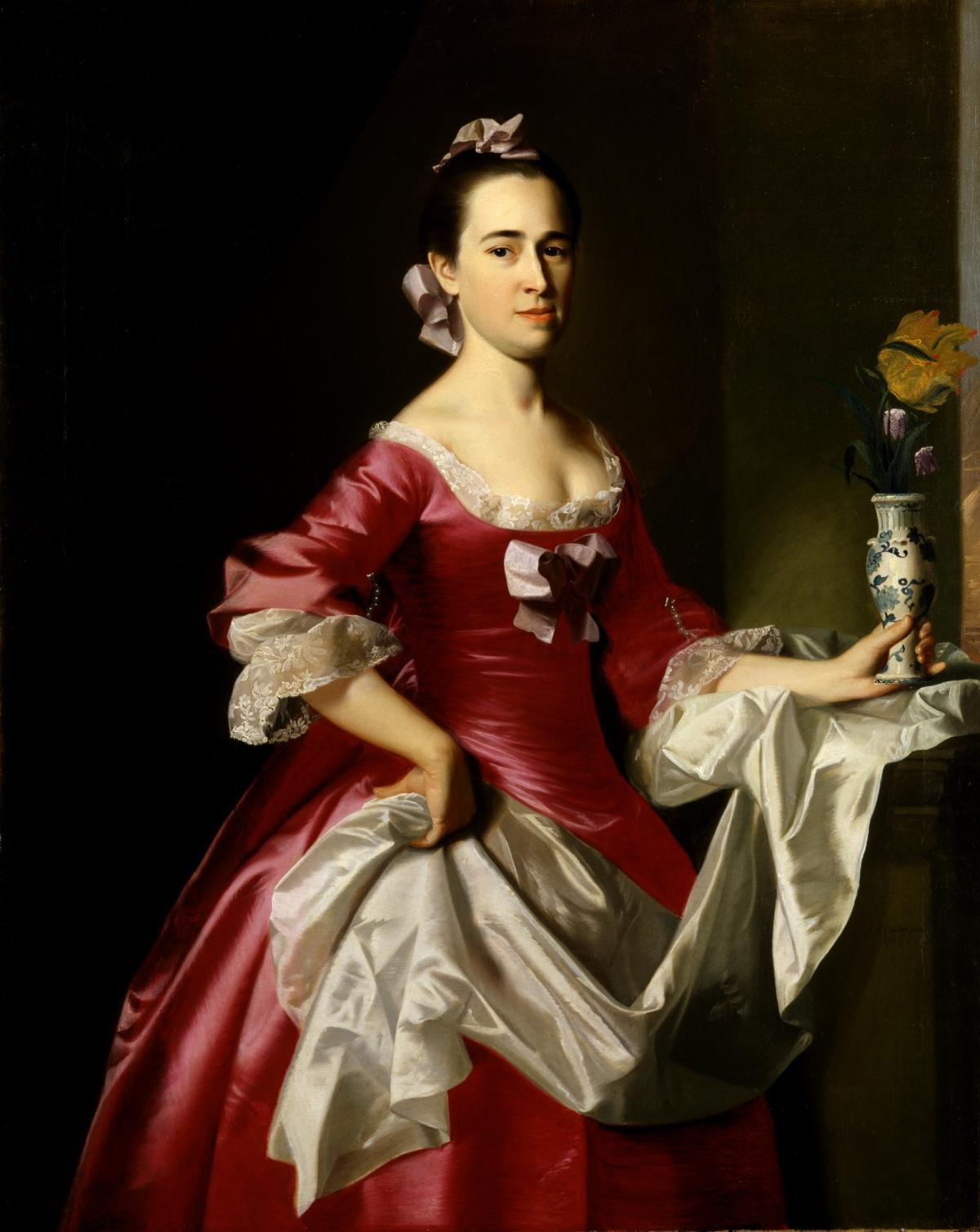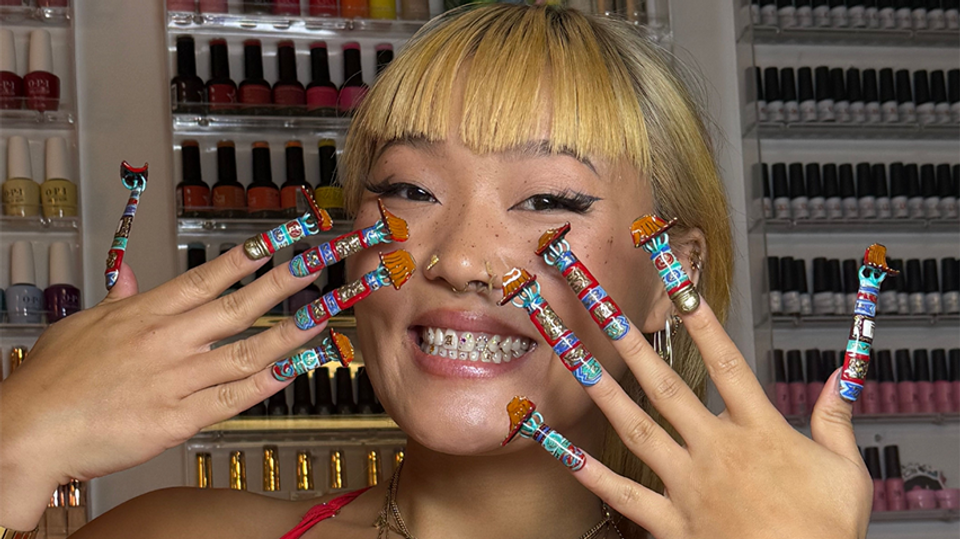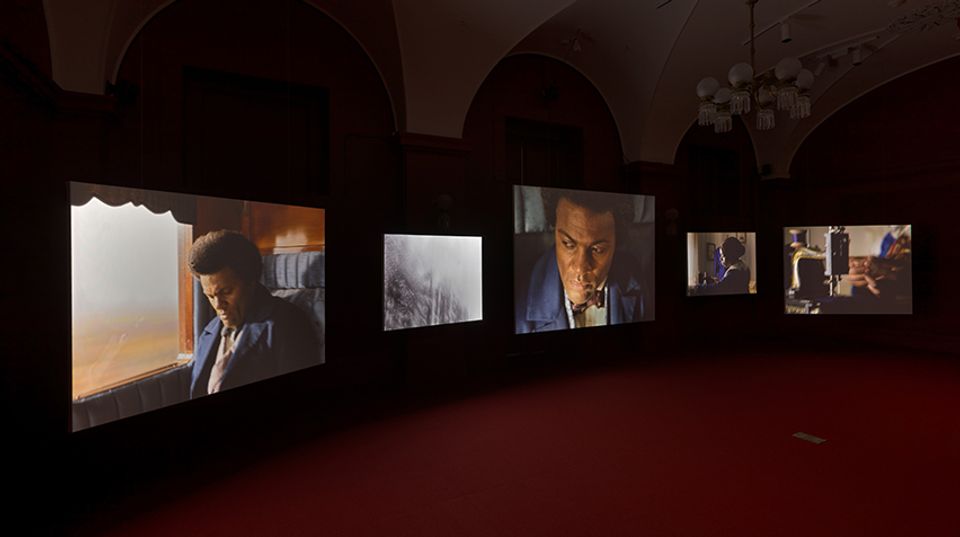
Somewhere between the letters PhD and CSI lives the amazing work of painting conservators. Part researcher and part detective, they study paintings with state-of-the-art tools that help them see through layers of paint and varnish and enable them to conserve works of art whose colors may have gradually shifted over time and whose canvases may show signs of age. Tomorrow evening, March 29, independent conservators Lance Mayer and Gay Myers, authors of the newly published American Painters on Technique: The Colonial Period to 1860, will speak about their work in the museum's McEvoy Auditorium. Eye Level checked in with Tiarna Doherty, chief of conservation at the museum's Lunder Conservation Center, to talk about the upcoming lecture.
"Lance Mayer and Gay Myers are paintings conservators who have been working on American paintings their whole careers," Doherty said. "They use what artists said in their own words about their painting practice, including journals, letters, and even shopkeepers's bills. What makes their research particularly informative is that they are able to relate everything they've read to the objects in front of them. For us, as we walk through the galleries of American Art, we look at paintings and wonder why is it that in John Singleton Copley's works, such as his portrait of Mrs. George Watson, his faces might look a little more yellow than a person painting regular flesh tones. Lance and Gay could answer that with their research and for the fact that Copley always thought it was best to add a little yellow."
Perhaps that's what caused painter Gilbert Stuart to comment that "Copley's flesh tones look like tanned leather," a remark cited in Mayer and Myers's new book. Clearly, Stuart is making fun of Copley, but it's the kind of detail that reveals a little something about both painters.
"We look at paintings with a more informed eye because it's now part of our practice that we do the kind of research that Lance and Gay have done," adds Doherty.
The lecture by Lance Mayer and Gay Myers begins at 7 p.m. tomorrow, March 29 and is guaranteed to shed a light on painters, pigments, and personalities.


















